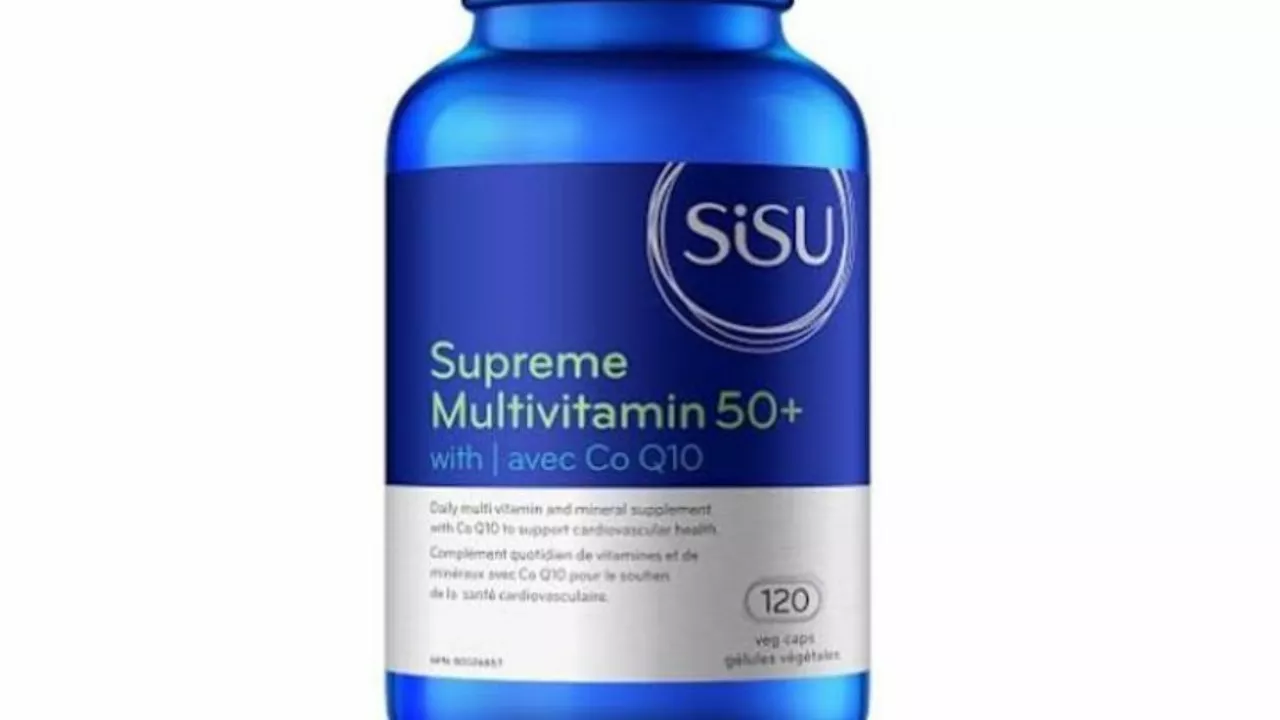June 2023: Practical Supplements & Health Tips
Here are the key posts we published in June 2023 on Pharmstore.com. Each piece focuses on a supplement or treatment and gives clear, usable advice you can try right away or discuss with your clinician.
What we covered
Sulfur: Sulfur showed up as a surprising, useful supplement. It supports skin, joints, and detox pathways. You can get sulfur from foods like eggs, onions, garlic, and cruciferous vegetables, or consider supplements such as MSM under a doctor’s guidance. Start with low doses, watch for stomach upset, and check with your provider if you take blood thinners or have chronic conditions.
Iron + Folic Acid for nerve health: Iron helps myelin formation and folate helps make neurotransmitters. If you feel numbness, fatigue, or unusual tingling, ask your doctor to test iron and folate levels. Simple steps include eating iron-rich foods (red meat, lentils, spinach) with vitamin C for better absorption, and taking folic acid if tests show a need. Don’t self-prescribe high-dose iron—excess iron can cause harm.
Antioxidants and Graves' disease: Antioxidants reduce oxidative stress and may help manage inflammation tied to autoimmune thyroid conditions. Focus on concrete foods—berries, leafy greens, nuts, and whole grains—rather than relying solely on pills. If you consider supplements like vitamin C, vitamin E, or selenium, discuss dosage with your endocrinologist, since interaction with thyroid meds matters.
Vietnamese coriander and Wild Mint: Both herbs are more than flavor. Vietnamese coriander can aid digestion and add antioxidants; wild mint soothes digestion and reduces stress. Use them fresh in salads, soups, or as herbal tea. A practical tip: steep one to two teaspoons of chopped leaves in hot water for 5–7 minutes for a mild, healthful infusion.
Allopurinol and metabolic syndrome: Allopurinol is mainly for gout and high uric acid, but research and clinical observations suggest it can reduce inflammation and improve insulin resistance in some people. If you have metabolic syndrome, ask your doctor whether managing uric acid could be part of your plan. Always review kidney function and drug interactions before starting therapy.
Quick practical tips
1) Test before you guess: blood tests for iron, folate, thyroid, and uric acid tell you what you actually need. 2) Food first: get nutrients from whole foods when possible and use supplements to fill gaps. 3) Start low, watch reactions: begin with low supplement doses and track changes for a week or two. 4) Talk to a pro: always mention any new supplement to your doctor or pharmacist, especially if you take prescription meds.
If you want links to any of these posts or a quick checklist for discussing these topics with your clinician, say the word and I’ll pull them together.

In my latest blog post, I delve into the incredible benefits of sulfur, a game-changing dietary supplement you should consider adding to your daily regimen. I discovered that sulfur isn't just essential for our body's overall functionality, but it also plays a key role in detoxification and prevention of certain diseases. From boosting immunity, maintaining healthy skin and joints to improving digestion, the advantages are numerous. However, I also caution that, like any supplement, it's important to consult with a healthcare professional before beginning a sulfur supplement regimen. So, go ahead and check out my new post to learn more about this remarkable mineral.
Chris Gore Jun 27, 2023
As a health enthusiast, I recently stumbled upon the fascinating connection between Iron-Folic Acid and our body's electrical system, particularly our nerve health. It turns out that these essential nutrients play a crucial role in maintaining the proper functioning of our nervous system. Iron is vital for the formation of myelin, the protective layer surrounding our nerves, while Folic Acid aids in the production of neurotransmitters that send signals throughout our body. By ensuring we consume enough Iron and Folic Acid, we can support our body's electrical system and keep our nerves functioning optimally. So, let's not underestimate the power of these nutrients and make them an integral part of our daily diet for better nerve health!
Chris Gore Jun 26, 2023
In my recent research on Graves' Disease, I discovered the crucial role that antioxidants play in managing this autoimmune disorder. As our body's defense mechanism against free radicals, antioxidants help reduce inflammation and oxidative stress, both of which contribute to the progression of Graves' Disease. By incorporating antioxidant-rich foods into our diet, such as fruits, vegetables, and whole grains, we can better support our immune system and overall health. Additionally, some studies suggest that antioxidant supplements may also be beneficial in managing symptoms. Overall, focusing on a diet rich in antioxidants could be a vital step in managing Graves' Disease and improving our quality of life.
Chris Gore Jun 18, 2023I recently discovered the amazing benefits of Vietnamese coriander, and I just had to share it with you all! This powerful herb not only adds a delicious flavor to your meals but also acts as a dietary supplement with numerous health benefits. Packed with antioxidants, it aids in digestion, boosts the immune system, and promotes a healthier you. So, if you haven't tried Vietnamese coriander yet, now is the perfect time to incorporate it into your meals! Trust me, your taste buds and your body will thank you!
Chris Gore Jun 12, 2023
As a blogger, I recently explored the connection between Allopurinol and Metabolic Syndrome. Allopurinol is a medication commonly used to treat gout and high uric acid levels. Interestingly, research has shown that it may also have positive effects on Metabolic Syndrome, a cluster of conditions that increase the risk of heart disease, stroke, and diabetes. Studies have suggested that Allopurinol can improve insulin resistance and reduce inflammation, which are key factors in Metabolic Syndrome. This fascinating connection highlights the potential for Allopurinol to be considered as an additional treatment option for those struggling with Metabolic Syndrome.
Chris Gore Jun 3, 2023
I recently discovered a game changer in dietary supplements called Wild Mint, and I can't wait to share it with you all! This amazing herb is known to significantly improve our overall wellbeing. Wild Mint is packed with health benefits, such as aiding digestion, relieving stress, and even boosting our immune system. Plus, it's super easy to incorporate into our daily diets, whether as an infusion, in smoothies, or as a seasoning. Trust me, once you try Wild Mint, you'll never want to go back to your old supplements!
Chris Gore Jun 1, 2023




